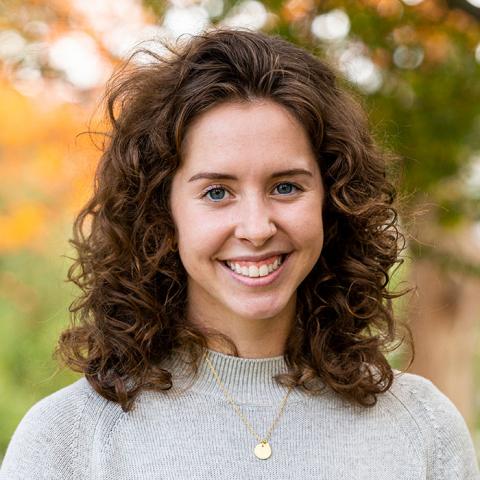Summer Centered: João Pedro Carvalho '22 Researches Geometric Combinatorics

Photo by Bilge Nur Yilmaz '21.
Details
The math and linguistics double major is researching geometric combinatorics at Baruch College this summer.
João Pedro Carvalho ’22 is participating in Baruch College’s Combinatorics/Discrete Math Research Experience for Undergraduates as one of the Koshland Integrated Natural Sciences Center’s Summer Scholars. His research involves working with a small group of students on geometric combinatorics problems.
Geometric combinatorics applies combinatorics—an area of mathematics dealing with discrete elements and sets—to geometry problems. He plans to write his thesis on something combinatorics-related and focus on the area in graduate school.
“I have been interested in combinatorics since very early on, when I started doing math competitions,” said the mathematics and linguistics double major. “I just really like dealing with discrete sets and being able to ‘count’ or ‘take extremes’—like the maximum of something, that does not always exist for continuous sets.”
Carvalho’s focus this summer has been obtaining quantitative versions of Helly’s Theorem and Tverberg’s Theorem, relating to intersections of convex sets. In other words, he is trying to take the existing theorems and generalize them to more situations by imposing certain conditions.
His day-to-day research involves coming up with proofs, conjectures, and examples to geometric combinatorics problems and reading existing math research papers on similar topics to use their techniques and conjectures in his exploration. Once something is established, or proven, Carvalho has to find the best way to fit it into the larger written projects.
“The geometric aspects are definitely something I had not explored before in this context,” he said, “so it has been very interesting to see the techniques involved and how the way of thinking about this project relates to other work in the area I had done before. It is nice to be able to expand my explorations, and I have been very pleased to see how to integrate my previous experiences into this new research—both mathematically, but also regarding the process of research itself.”
“Summer Centered” is a series exploring our students’ campus-supported summer work.




